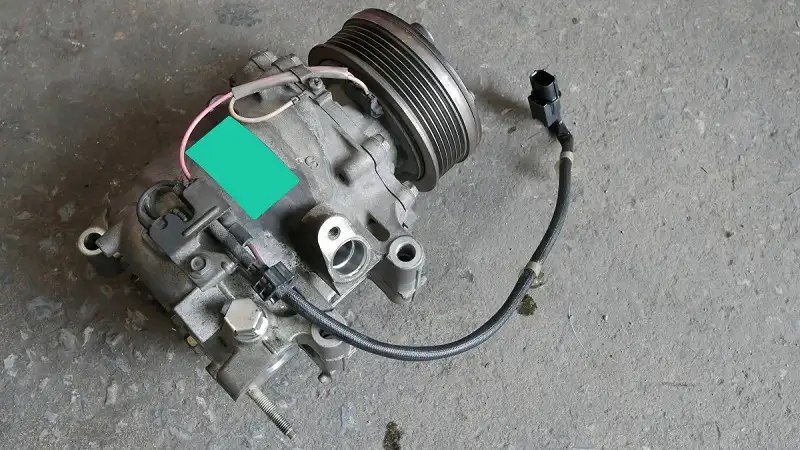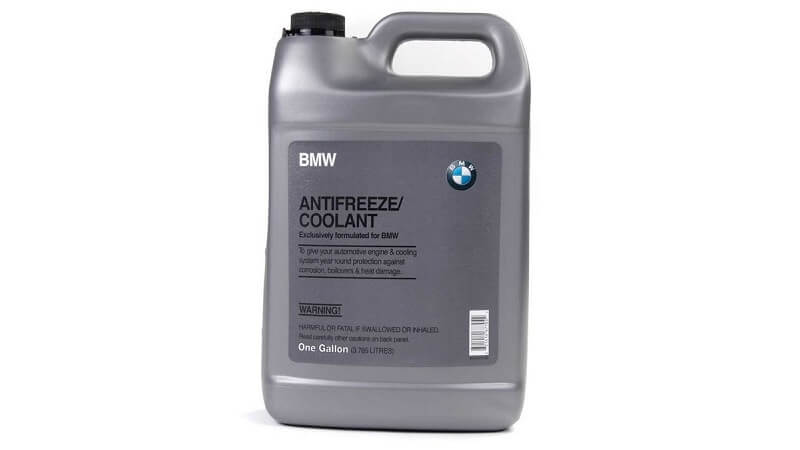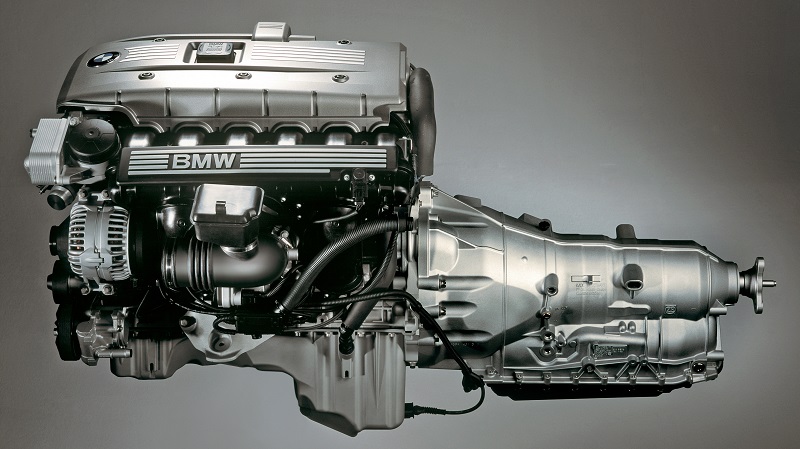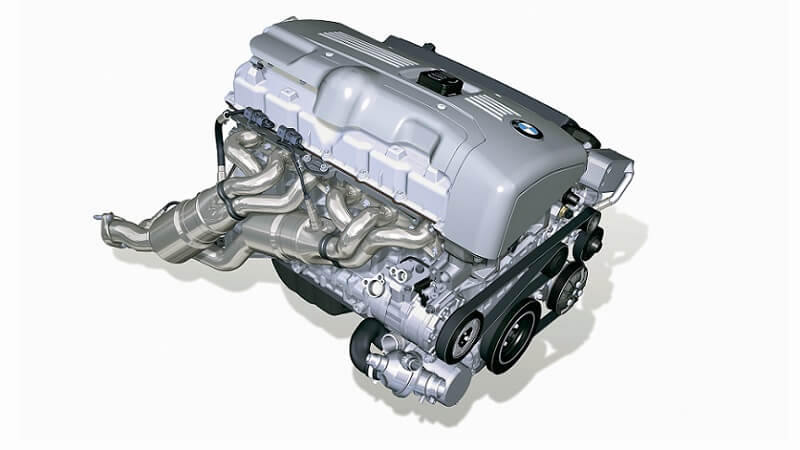Having a properly functioning air conditioning (AC) system in your car is crucial, especially during scorching summer days or long drives in hot climates. It provides a much-needed respite from the sweltering heat and helps create a comfortable driving environment. However, encountering AC problems in your car can quickly turn your commute into an uncomfortable and frustrating experience.
Whether you’re experiencing weak airflow, strange noises, or a complete lack of cooling, understanding the common symptoms and causes of car AC problems can be immensely helpful in diagnosing and addressing issues effectively.
In this blog post, we will explore the most common symptoms associated with car AC problems and delve into the various causes behind these issues. By familiarizing yourself with these signs and understanding their underlying causes, you will be better equipped to troubleshoot and resolve car AC problems, ensuring a pleasant and cool driving experience. So, let’s dive into the world of car AC problems and discover how to identify and tackle them head-on.

Common Symptoms of Car AC Problems
When your BMW’s AC system is experiencing issues, it often exhibits certain telltale signs. By recognizing these common symptoms, you can quickly identify potential problems and take appropriate action. Here are some of the most prevalent symptoms associated with car AC problems.
- Weak airflow or lack of cooling — One of the primary indicators of an AC problem is reduced airflow or a noticeable decline in cooling performance. If you find that the air coming from the vents is weak, barely cool, or not cold at all, it could be a sign of an underlying issue.
- Unusual noises or odors — If you hear strange noises, such as rattling, squealing, or grinding sounds, when your AC is running, it may indicate a problem with the compressor, fan, or other components. Additionally, unpleasant odors emanating from the vents, such as a musty or moldy smell, could be a sign of bacterial or fungal growth in the AC system.
- Inconsistent temperature regulation — If you set your AC to a specific temperature but notice that the cabin temperature remains inconsistent, fluctuating between hot and cold, it could indicate a malfunctioning thermostat or a problem with the temperature control system.
- Water leakage inside the vehicle — If you discover water pooling on the passenger side floor or notice excessive condensation on the windows, it may indicate a clogged or damaged drain tube. This can result in water leaking into the cabin instead of draining properly outside the vehicle.
- AC compressor failure indicator lights — Many cars are equipped with warning lights or indicators specifically designed to alert you of AC compressor issues. If you see a warning light on your dashboard related to the AC system, it’s essential to have the system diagnosed as soon as possible.
This knowledge will enable you to take appropriate action, either by attempting to address the issue yourself or by seeking the assistance of a qualified mechanic.
Get a new AC compressor for your BMW!
Causes of Car AC Problems
A car’s air conditioning (AC) system plays a vital role in providing a comfortable and enjoyable driving experience, particularly during hot weather. However, like any mechanical system, the AC system can encounter problems that hinder its performance. Understanding the causes of these AC problems is crucial in diagnosing issues and implementing the necessary repairs.
Insufficient Refrigerant Levels
Insufficient refrigerant, typically known as Freon, is a common cause of car AC problems. Over time, refrigerant levels can deplete due to leaks in the system or natural evaporation. Low refrigerant levels result in reduced cooling capacity and weakened airflow. Regular maintenance, including refrigerant recharge, is essential to ensure optimal AC performance and prevent potential issues arising from insufficient refrigerant.
AC Compressor Failure
The AC compressor plays a vital role in the cooling process by pressurizing the refrigerant and circulating it through the system. Several factors can contribute to AC compressor failure, including electrical issues, mechanical failure, or problems with the compressor clutch. A faulty compressor can result in inadequate cooling or a complete breakdown of the AC system.
Damaged or Clogged Condenser
The condenser is responsible for releasing heat from the refrigerant, allowing it to cool down before circulating back into the cabin. Damage to the AC condenser, such as impact damage, corrosion, or debris buildup, can hinder its ability to dissipate heat effectively. This can lead to reduced cooling performance and compromised airflow.
Faulty Blower Motor or Fan
The blower motor and fan are responsible for pushing cool air into the cabin. If either of these components malfunctions, it can result in weak airflow or no air coming from the vents. Common causes of blower motor or fan issues include motor failure, electrical problems, or blockage caused by debris or dust accumulation.
Understanding these common causes of car AC problems allows you to better grasp the potential underlying issues that may be affecting your AC system. While some problems can be addressed through basic troubleshooting or DIY repairs, it is often advisable to consult a professional mechanic or automotive technician to accurately diagnose and rectify complex AC issues.
Troubleshooting and Solutions
When faced with car AC problems, it is essential to diagnose the root cause accurately. Here are some steps you can take to troubleshoot and identify the issue:
- Check refrigerant levels — Use a pressure gauge to determine if the refrigerant levels are adequate. If they are low, it may indicate a leak in the system that needs to be addressed.
- Inspect for leaks — Use an AC leak detection kit or have a professional mechanic perform a thorough inspection to identify any leaks in the AC system, including hoses, connections, or the condenser.
- Test electrical components — Check the fuses, relays, and electrical connections associated with the AC system to ensure they are functioning properly. Faulty electrical components can lead to AC malfunctions.
- Examine the compressor — Assess the AC compressor for any visible signs of damage or irregularities, such as oil leaks or a malfunctioning clutch.
Addressing Common Car AC Problems
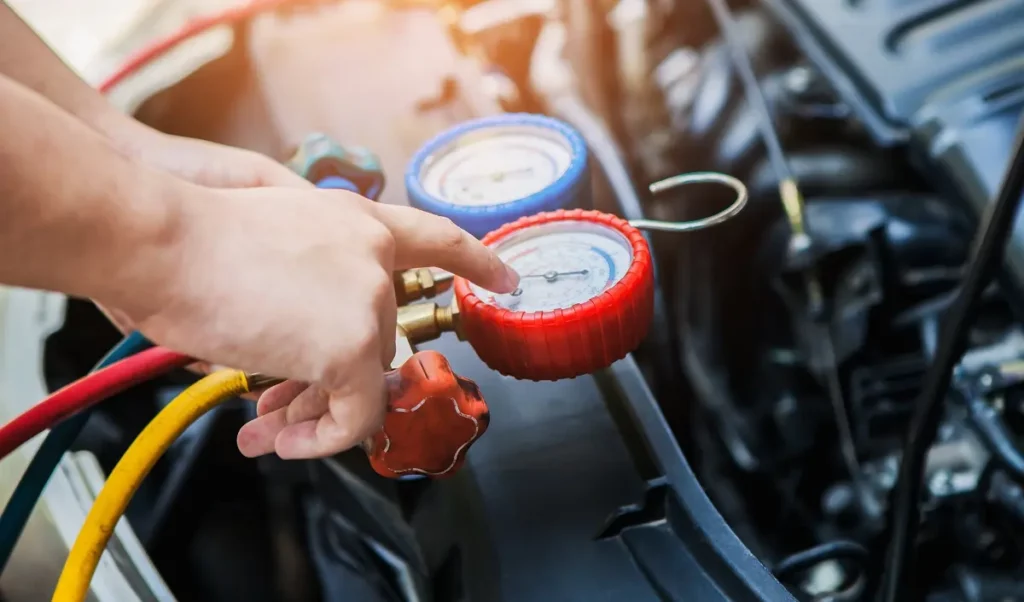
Once you have identified the specific issue with your car’s AC system, you can take appropriate action. Here are potential solutions for common car AC problems:
Refrigerant recharge: If the refrigerant levels are low, have a professional recharge the system with the appropriate amount of refrigerant to restore optimal cooling performance.
Repairing leaks: If there are leaks in the AC system, the affected components should be repaired or replaced. This may involve fixing damaged hoses, seals, or connections, and ensuring the system is properly sealed to prevent further leaks.
Compressor replacement: In the case of a faulty AC compressor, it may need to be replaced. A qualified mechanic can assess the extent of the damage and determine if a compressor replacement is necessary.
Condenser repair or cleaning: If the condenser is damaged or clogged, it may require repair or cleaning. Clearing debris and obstructions from the condenser fins can improve its efficiency, while damaged condenser components may need to be replaced.
Blower motor or fan repair: Faulty blower motors or fans may need to be repaired or replaced. Depending on the issue, this could involve replacing the motor, addressing electrical connections, or removing obstructions from the fan blades.
In addition to troubleshooting and addressing specific problems, regular maintenance of your car’s AC system is crucial. This includes cleaning or replacing cabin air filters, ensuring proper airflow, and protecting the condenser from debris. Seeking professional help for complex issues or unfamiliar repairs is always recommended to ensure the correct diagnosis and appropriate resolution of car AC problems.
Tips for Preventing Car AC Problems
Prevention is key when it comes to maintaining a reliable and efficient car AC system. By implementing these preventive measures, you can minimize the likelihood of encountering AC problems in the future:
Schedule routine inspections and maintenance for your car’s AC system. This includes checking refrigerant levels, inspecting hoses and connections, cleaning or replacing air filters, and ensuring proper airflow.
Regularly clean the condenser, located at the front of your car, from debris, leaves, and dirt that can accumulate and obstruct airflow. This helps maintain optimal cooling performance.
Whenever possible, park your car in shaded areas or use sunshades to prevent excessive heat buildup inside the vehicle. This reduces the strain on the AC system and helps maintain its efficiency.
Even during cooler months, run your car’s AC system for a few minutes at least once a week. This helps keep the system lubricated and prevents seals from drying out.
If you notice any signs of AC problems, such as weak airflow or unusual noises, address them quickly. Ignoring minor issues can lead to more significant problems down the line and potentially costly repairs.
When in doubt or if you encounter complex AC problems, it’s best to consult a professional mechanic or automotive technician with expertise in AC systems. They have the knowledge and tools to accurately diagnose and repair any underlying issues.
Get Your AC System Components at Bimmers.com!
Car AC problems can be frustrating and uncomfortable, especially during hot weather. However, by taking preventive measures, staying proactive with maintenance, and addressing issues promptly, you can minimize the likelihood of encountering AC problems in your car.
Regular inspections, cleaning the condenser, avoiding extreme temperatures, running the AC system regularly, and using high-quality parts when the AC system fails will ensure comfortable drives even in scorching heat. Here at Bimmers.com, we have everything you need to keep your BMW’s AC working smoothly. Head over to our shop, select your vehicle and get reliable AC parts!

